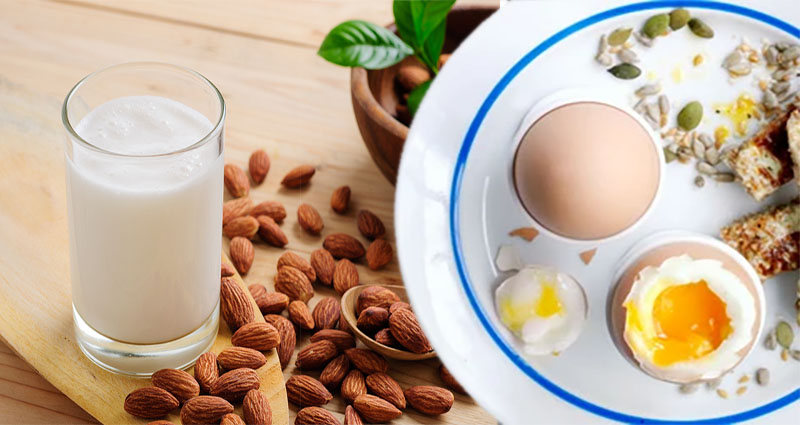As more people become aware of the need to eat healthier foods, they’re starting to make better choices. Nutrition is a broad field, containing both hearsay and scientific research. Separating the latter can be tricky. But the following 7 food facts are backed by scientific research. Many of them have long been recognized in traditional cultures, and some have been proven by science. Read on for more information! And, don’t forget to share them with friends and family!
Nuts are rich in unsaturated “good” fats
The health benefits of unsaturated fats are well known. In fact, early studies of unsaturated fats’ role in heart health date back to the 1960s. They reduce inflammation and build stronger cell membranes. Other studies show that they may reduce the risk of rheumatoid arthritis and heart disease. Nutrition experts divide fats into three categories: saturated, monounsaturated, and polyunsaturated. These types are solid at room temperature and contain single bonds between molecules.
Eggs are a good source of protein
There are many reasons to love eggs, but perhaps one of the most compelling is their high nutritional value. Eggs contain 6 grams of protein, making them a complete protein source. Because they are a complete protein, eggs are a standard for protein content. Additionally, eggs contain all nine essential amino acids, which are considered the ‘building blocks of the body’. As such, eggs are a fantastic source of protein for most people.
Potatoes are an inexpensive source of fiber
Eating more potatoes may help your overall health. These tubers contain important nutrients when cooked. Eating potatoes can help reduce your risk of infection, osteoporosis, and heart disease. Plus, they’re affordable. According to a study by Drewnowski and Rehm, they offer more nutrition per dollar than most other raw vegetables. In fact, potassium-rich white potatoes are almost half the price of most vegetables. And, their fiber content is more than twice as high.
Almond milk is made from man-made almonds
Despite its name, almond milk is packed with a variety of nutrients. One serving has only 39 calories and is packed with vitamins and minerals. It is an excellent natural source of vitamin E, a fat-soluble antioxidant that protects cells from free radical damage. In addition, some varieties are fortified with calcium and vitamin D. However, homemade almond milk does not contain these important vitamins and minerals.
Guinness helps fight bacteria
If you’ve ever wondered if Guinness helps fight bacteria, you’re not alone. In fact, drinking the Irish brew helps to reduce inflammation and decreases bacteria in your mouth. Researchers from the University of Pennsylvania looked at the effects of beer on bacteria. During tests, weak extracts of Guinness blocked the bacteria’s activity. The alcohol also inhibits their communication with each other. This prevents the bacteria from multiplying and inhibits their growth.









